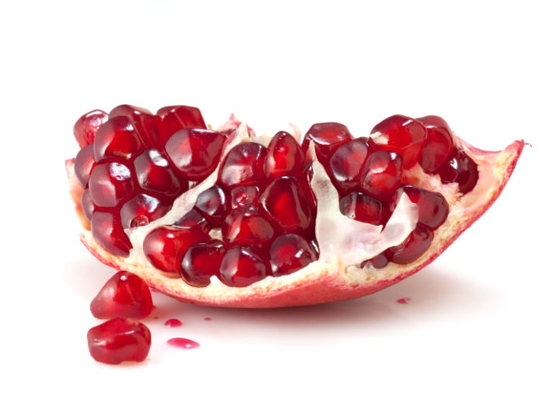
Candy and sugar have once again invaded our world. It began innocently enough with a gingerbread house, then lingered with the red-and-green sprinkle cookies from friends, then endured with the classroom holiday parties, the candy canes that garnish every wrapped present, and the hot chocolate with marshmallows that lures my kids on these cold days.
I would like to be the Grinch and shove it all up the chimney. I fear that if they keep up this pace, my children might spiral and sputter by the time Christmas arrives. Yet I have decided not to hijack all of the season’s treats. Instead, I will help my kids pick the ones they really want and then fill their bellies with as many vitamins and antioxidants as I can from now until the new year.
My hope is that these nutrients will counteract some of sugar’s negative effects. Antioxidants prevent oxidative damage caused by sugar, magnesium regulates blood sugar and insulin spikes, and vitamin C boosts my children’s immune systems. Not a perfect solution, but perhaps better than waging war against holiday treats.
To ensure my children consume these powerful vitamins and antioxidants, I will be feeding them as many fruits and vegetables as I can. Pomegranate seeds will act as Rudolph’s nose and lead the way. My 5-year-old daughter is attracted to anything bright and sparkly, so it is no wonder she is obsessed with these little neon seeds. She dumps them on every bowl of oatmeal, every serving of yoghurt and in every cup of fizzy water.
Can these pint-size seeds do any large-scale good? Absolutely. Pomegranate seeds have been shown to fight cancer, improve memory, reduce inflammation, lower blood pressure and reduce heart disease. It is no wonder they were portrayed as a healing fruit in the Bible.
One half-cup of pomegranate seeds provides 3 1/2 grams of fibre, more than twice the amount found in the same size serving of apples. This fibre slows the natural sugar of the pomegranate as it enters the body’s bloodstream, preventing a sugar rush. The fruit’s B vitamins create sustained energy. The potassium helps to regulate blood pressure and support nerve function. The antioxidants, such as tannins, quercetin and anthocyanins, are all heart-healthy and cancer-preventing. The vitamin K, folate and iron keep the blood healthy. Lastly, vitamins C and E, powerful antioxidants, boost the immune system and keep tissues from being damaged by pollutants, toxins and sugars.
These festive fruits are ripe from September through January, so it is the season for them. They can be stored for up to two weeks at room temperature or for up to three months in the refrigerator. Each pomegranate houses about 600 seeds.
So have at it, gingerbread men: The pomegranate is here to save our holiday. It is much more fun to be the festive mum doling out gleaming red seeds than to be the grumpy, grudging Grinch this season.
How to enjoy pomegranate seeds
- Snack straight from the fruit.
- Top a bowl of oatmeal.
- Mix into waffles.
- Stir into yoghurt.
- Toss over salads.
- Add to bean or whole-grain dishes.
- Sprinkle onto a soup such as squash or lentil.
- Pomegranate “mocktail”: Mix pomegranate juice and sparkling water, then finish with a few pomegranate seeds.
How to de-seed a pomegranate
1. Cut a quarter inch off each end so the fruit stands flat.
2. Using a pairing knife, cut out the center, trying not to puncture the seeds.
3. Make six slices into the fruit and skin to loosen it, then pry it apart with your hands.
4. Section by section, pry the seeds from the skin. This works best in a bowl of water so the seeds sink to the bottom and the skin rises to the top.










